Keywords: National Conference
There are more than 200 results, only the first 200 are displayed here.
-
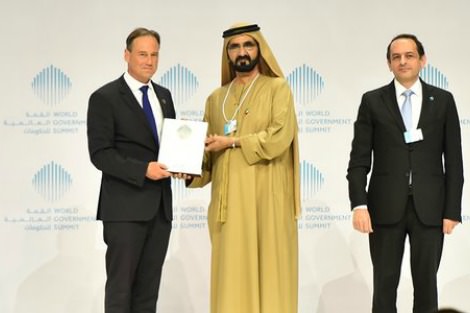
ENVIRONMENT
- Greg Foyster
- 15 February 2016
16 Comments
It would have made a great April Fools joke, if it wasn't February. On Wednesday, we woke to the news that Greg Hunt, environment minister in the most anti-environment government in Australian history, had been awarded 'World's Best Minister' at an international summit in Dubai. But maybe the award had nothing to do with Hunt's track record at home. In the grubby way of politics everywhere, maybe it is a favour returned. A thank you from an oil-rich nation for making it look good in the past.
READ MORE 
-
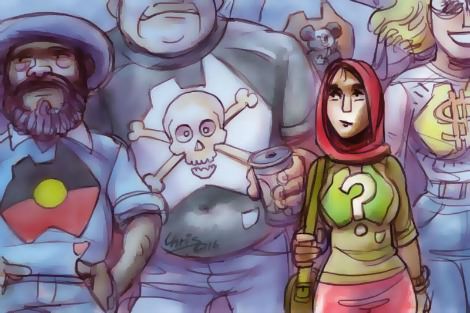
AUSTRALIA
- Fatima Measham
- 22 January 2016
18 Comments
Last November I was on a panel at the National Ethnic and Multicultural Broadcasters Council conference, musing about postmodern identities, whether 'ethnics' were mainstream and not peripheral, and whether 'Aussie values' are in fact universal. I enjoyed the discussion, but part of me felt worn. It seemed to me that black and brown folks like us are less concerned about what it means to be Australian than how Australian we would have to be, to be as Australian as everyone else.
READ MORE 
-
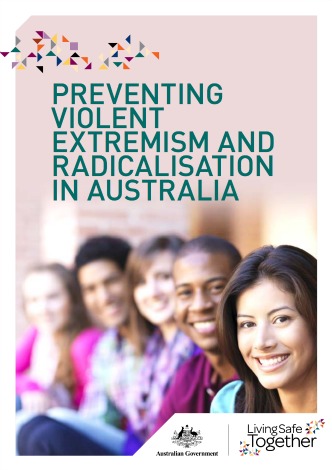
AUSTRALIA
- Andrew Zammit
- 11 January 2016
2 Comments
In September Sydney's Daily Telegraph ran the headline 'Schoolyard Terror Blitz', reporting that 'schoolteachers will be given access to radicalisation information awareness kits explaining how to identify students at risk and what they should do to intervene as concerns grow about the rise of teen terrorists'. As the government prepares to address the involvement of schoolchildren in violent extremism, a controversial program in the UK shows a dangerous path that Australia must avoid.
READ MORE 
-
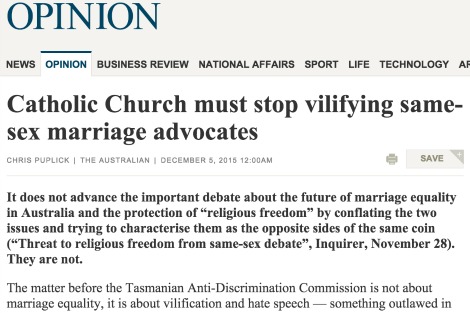
RELIGION
- Frank Brennan
- 11 December 2015
39 Comments
Chris Puplick, a former senator and former president of the NSW Anti-Discrimination Board, is one of a rising chorus expressing strong objections to the Australian Catholic bishops daring to evangelise and speak publicly about their views on same sex marriage. I too would be very upset if my bishops were saying, as Puplick claimed in an opinion piece in The Australian, that homosexuals are 'seriously depraved, intrinsically disordered, less than whole and messing with kids'. But they're not.
READ MORE 
-
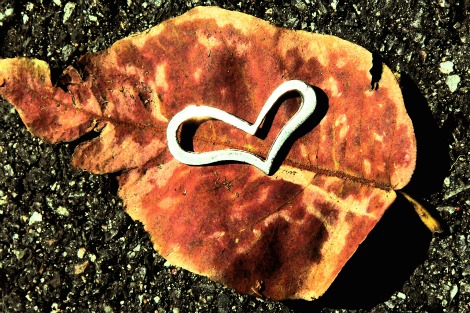
ENVIRONMENT
- Paul Fyfe
- 11 December 2015
2 Comments
Twenty years ago I was hopeful that countries would take strong and sensible action to address climate change, just as we had in 1987 when we faced the major depletion of the ozone layer. The following years slowly erased this hope. The Church did not do enough to stem disappointment, or to affirm that 'stewardship' alone was not going to provide sufficient grounds for the needed changes. By 2010 I was resigned to devastation. But Pope Francis has provided me with a ray of hope.
READ MORE 
-

AUSTRALIA
- Frank Brennan
- 10 December 2015
I first met this Tony on my regular visits here to Darwin when he was working at the North Australian Aboriginal Legal Aid Service and then when he set up the mediation services under the auspices of Anglicare. In later years I knew him when he was your Anti-Discrimination Commissioner. He was a quiet, considered, gentle, strong and principled man. On Human Rights Day, it is only fitting that I honour Tony by offering some reflections on the architecture for human rights in Australia, on the contemporary human rights controversies, and on the way forward for better protection of the human rights of Aborigines and asylum seekers, two marginalised groups who had a special claim on Tony's sympathies.
READ MORE
-

RELIGION
- Frank Brennan
- 04 December 2015
1 Comment
'Tonight, gathered here in the Southern Cross Club in the national capital, gathered as Eureka's children. We affirm that there is room for everyone under the Southern Cross. I hope you will return to Canberra carrying the Southern Cross flag when we proclaim the Australia Republic on 1 January 2020 which will be two elections after Australia last had a monarchist leader of a major political party. Tony Abbott is the last of his type. Whether the prime minister honoured to witness the proclamation is Malcolm Turnbull, Bill Shorten or another matters not.' Annual Dinner for Eureka's Children, Southern Cross Club, Canberra, 3 December 2015.
READ MORE
-

AUSTRALIA
- John Warhurst
- 01 December 2015
9 Comments
Historically, it was Labor that was dogged by splits and ideologues, while the Liberals were perceived as practical. But the ideological chasm between Abbott and Turnbull suggests the Liberals are now a broader church than Labor. The party's ideological and factional conflict will continue unabated as the government contemplates the two big public debates of its next term: a referendum on constitutional recognition of Aborigines and Torres Strait Islanders and a plebiscite on same sex marriage.
READ MORE 